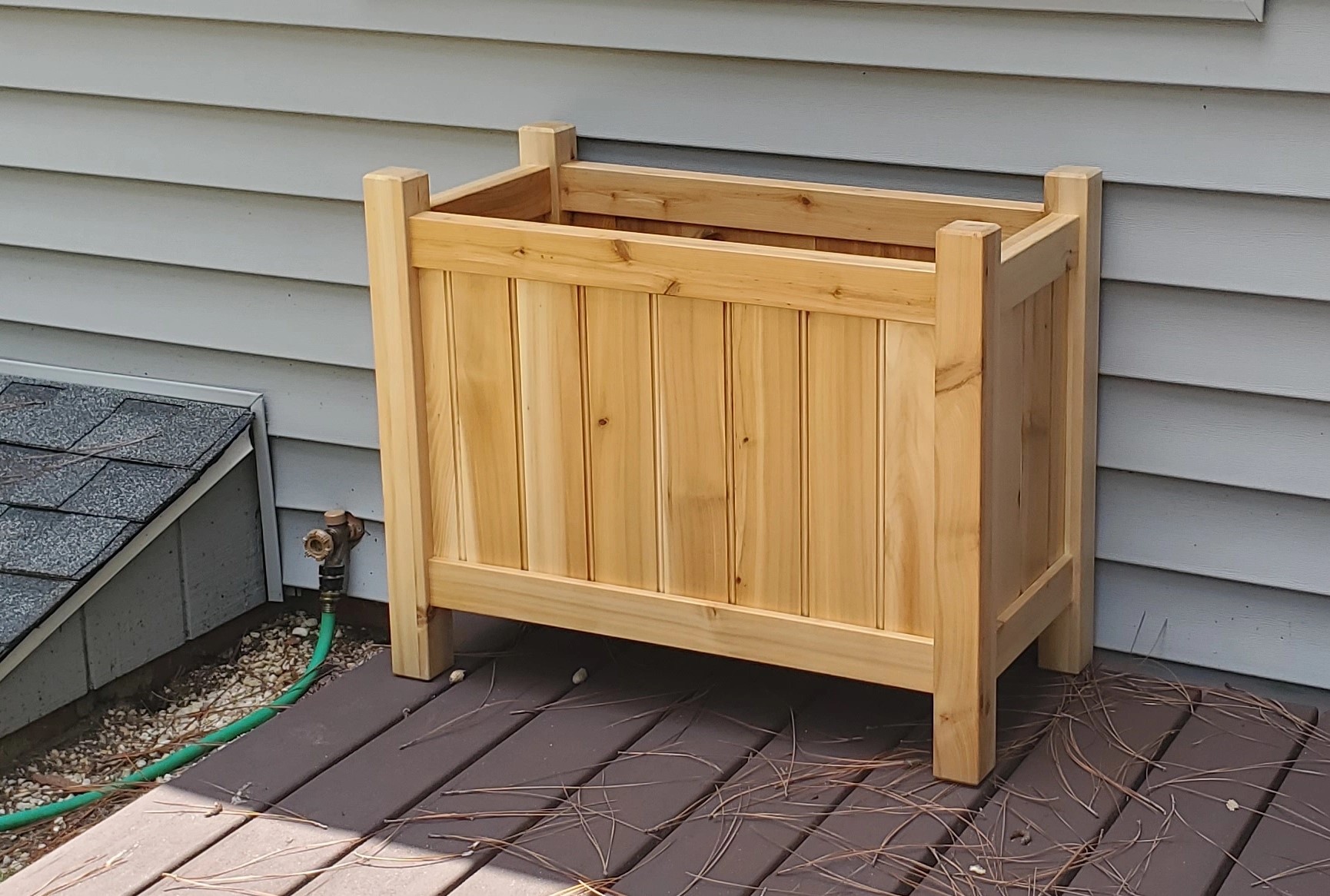- cross-posted to:
- woodworking@lemmy.ca
- cross-posted to:
- woodworking@lemmy.ca
Walnut and maple., it’s an inch and a quarter thick, 12 1/2 inches wide and about 17 inches long. While it is an end grain cutting board I actually built it with kneading dough in mind, I don’t intend to cut on this one, not for awhile anyway. Built it this weekend and baked some bread with it today. Which is why my mixer is covered in flour. I’m really happy with this one.


Thank you!
Make sure to upvote flicker’s comment, they started it. Saying nice things about my project and asking genuine questions and all. Of course I was going to take the time to answer in what I hope is helpful detail.
Having cooking and baking also among my hobbies, I also hope that someone seeing this post in their All feed learns what end grain cutting boards are, why they want one, and make the investment, hopefully one made by a local craftsman. Using a quality knife on a quality cutting board elevates the experience of making a meal.
It absolutely did work. I have a garbage cutting board I got from some big box store, and it’s all knifed to heck and back. I’m a chef and a baker myself, so now that I know there’s another, better way, I must get a proper cutting board!
Which is also why I asked about upkeep. I saw that board and thought, okay, but if it gets all those cut marks like the one I’ve had now for less than a year, what’s the point?
Thank you so much!
That older board I linked above? Here’s what it looks like after a year of service. They do take scars especially from pizza wheels apparently, but there’s no splintering, there’s no bits fraying off into the food, and if it’s too scarred up I can sand it smooth and keep using it. Compare that to a plastic board where I’m almost afraid to cut chicken on them twice.